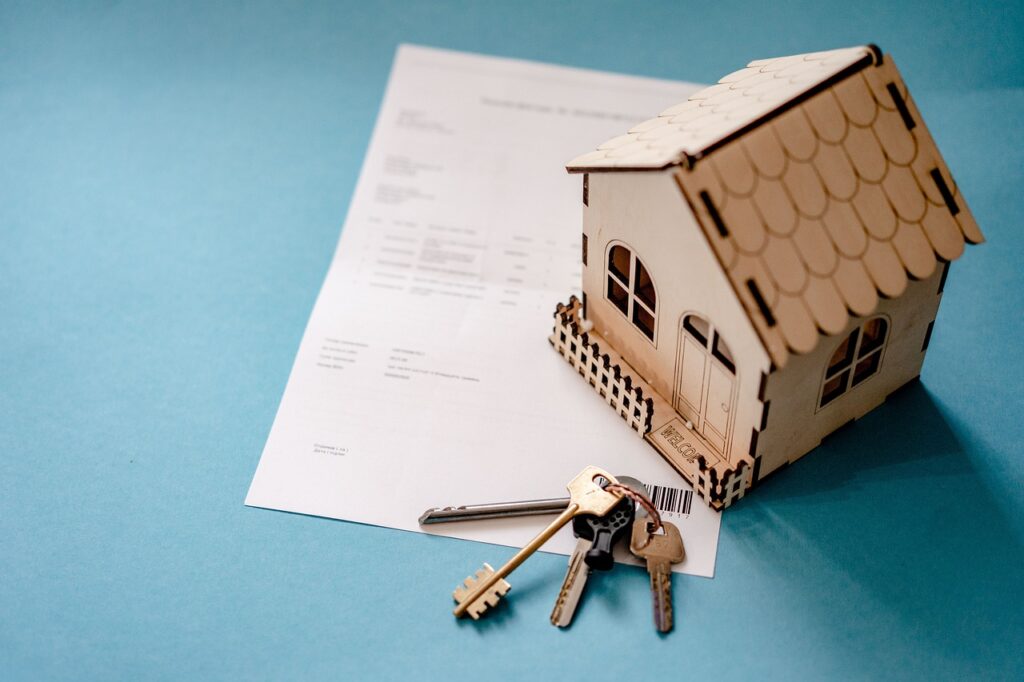Having a lien on your property can be stressful. Understanding your rights and the lien holder’s options can help you navigate this challenge.
This blog post will examine how lien holders can foreclose on a property. It will discuss the factors that affect their rights. We will also explore possible solutions to avoid foreclosure.
Understanding Liens
A lien is a legal claim against a property that serves as security for a debt. Common types of liens include:
- Mortgage liens: These secure loans are used to purchase a property.
- Tax liens: These are placed by the government for unpaid taxes.
- Mechanics liens: These are placed by contractors or suppliers who haven’t been paid for their work or materials.
- Judgment liens: These arise from court judgments against property owners.

Default on a Lien
If you do not meet the terms of a lien, you are in default. This can happen if you miss mortgage payments or ignore a court order. The lien holder will typically follow these steps:
- Notice of default: This formal notification informs you of the default and potential consequences.
- Consequences of default: These can vary depending on the lien type but may include late fees, interest accrual, and ultimately, foreclosure.
In short, you can foreclose on a lien if it defaults.
Factors Affecting Foreclosure Rights
Several factors influence a lien holder’s ability to foreclose:
Priority of liens means the order in which they are recorded. This order decides how they are paid off during foreclosure. The rule is “first in time, first in right.”
For example, a contractor with a mechanics lien gets paid after a mortgage lender. The lender is the first lien holder, while the contractor is the junior lien holder.
During economic downturns, property values may fall below the total owed on the liens. This can make foreclosure less desirable for lien holders as they may not recoup their full investment.
Priority of Liens
Understanding lien priority is crucial:
- First lien holder rights: The first lien holder has the strongest claim on the property and gets paid first in a foreclosure sale. In most cases, this is the mortgage lender.
- Second lien holder rights: A second lien holder, like a home equity lender, receives any remaining funds after the first lien is satisfied.
- Junior lien holder rights: Junior lien holders (those with liens recorded after the first and second) face the greatest risk. They may receive nothing if the property sells for less than the sum of senior liens.

Can a Junior Lien Holder Foreclose on a Home
Junior lien holders, those with liens recorded after the first and second, face the greatest risk in foreclosure. They may receive nothing if the property sells for less than the sum of senior liens. However, there are circumstances where a junior lien holder may be able to foreclose:
- The senior lien holder is satisfied: If the senior lien holder has been fully paid off, the junior lien holder may initiate foreclosure proceedings.
- Senior lien holder has waived their rights: In some cases, the senior lien holder may waive their rights, allowing the junior lien holder to proceed with foreclosure.
Can a Second Lien Holder Foreclose on a Home
Second lien holders, often home equity lenders, can initiate foreclosure proceedings if the borrower defaults on their loan payments. However, they are subject to the same priority rules as junior lien holders. If the property sells for less than the combined amount of the first and second mortgages, the second lien holder may not recover their full investment.

Preventing Foreclosure
Avoiding or preventing foreclosure is possible. The earlier you act the higher your chances are of avoiding foreclosure. Here are several strategies to try to avoid foreclosure:
Early communication with lien holders
Reaching out to lien holders early in the process can help you negotiate payment plans or explore other options.
Repayment plans
Working with lien holders to develop a repayment plan can help you avoid foreclosure while staying current on your obligations.
Refinancing options
Refinancing your loan may help you lower your monthly payments and reduce the risk of foreclosure.
Bankruptcy as a last resort
While bankruptcy can relieve foreclosure, it should be a last resort. It provides a way out but it brings with it a host of serious financial consequences.
Remember: The specific laws and procedures governing foreclosure vary by state. Consult with qualified professionals to understand your rights and options in your particular situation.
By understanding the factors affecting foreclosure rights, the priorities of liens, and available strategies for prevention, you can better navigate the challenges of liens and protect your property.
Disclaimer: None of our content is or should be taken as legal advice, real estate advice or any other professional advice. All the information on this blog is and should be taken as 3rd party recommendation and not as professional advice. Our team does not guarantee any results. All actions taken by the reader are the reader’s and our team is not responsible for any results taken based on the content in this blog. Our team is not licensed and therefore is not giving advice in any professional sense.
